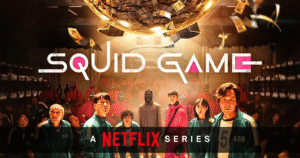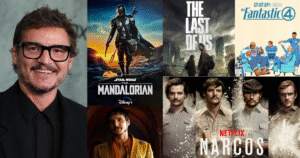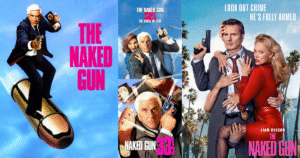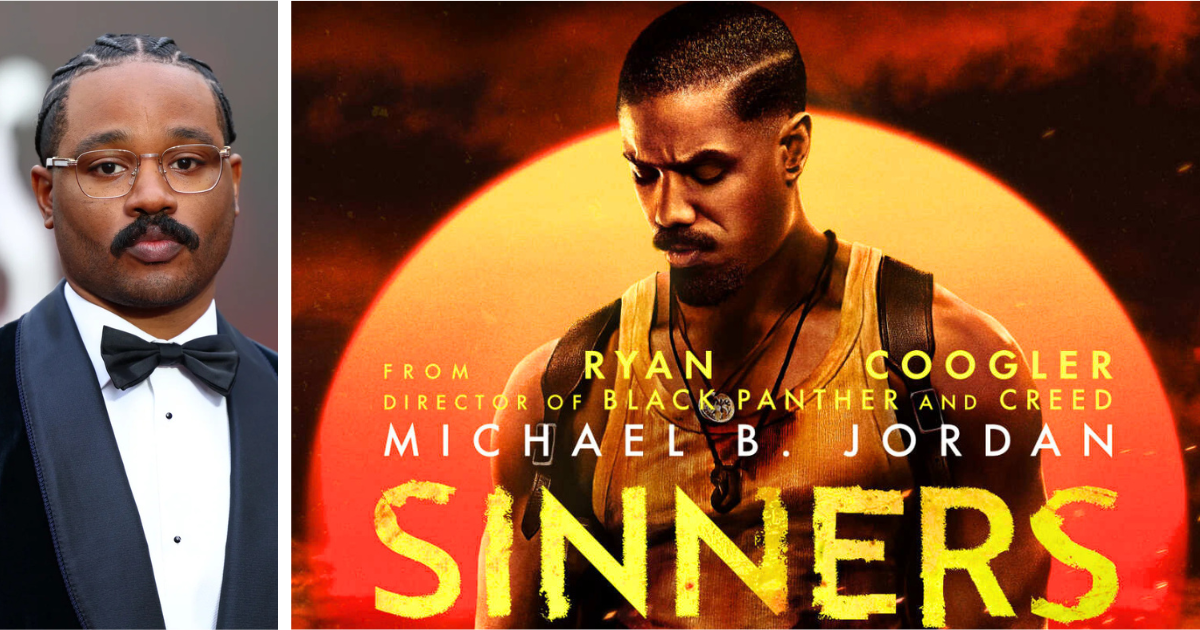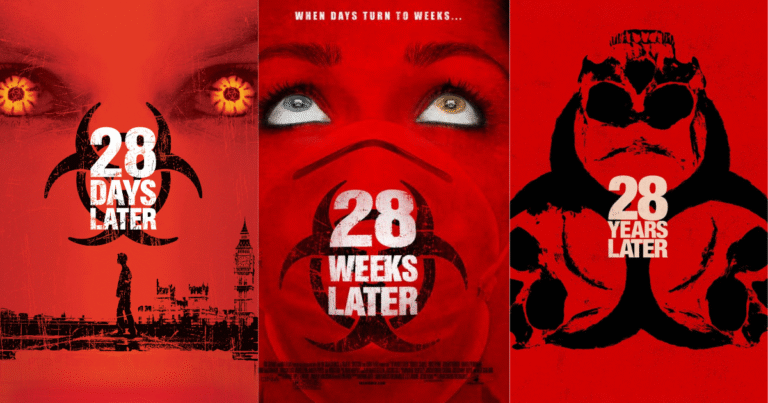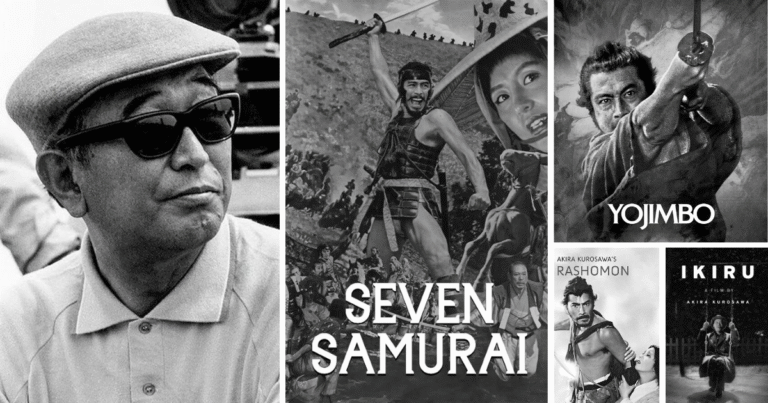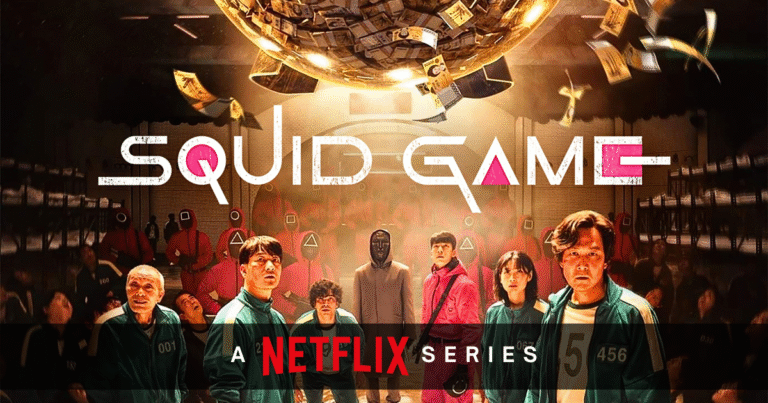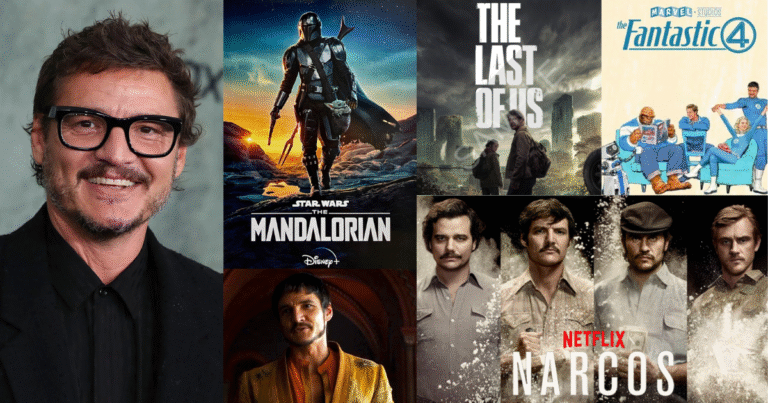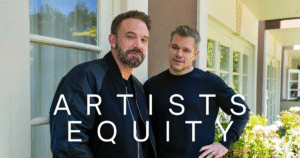Ryan Coogler is no stranger to shaking things up in Hollywood.
From Fruitvale Station to Black Panther, his career has been a consistent blend of bold storytelling and commercial success.
But with Sinners, a gritty, emotionally charged thriller that’s both a box office success and now trending on OTT platforms, Coogler has done more than just deliver a hit, he may have redefined the future path for auteur filmmakers.
Let’s break down what’s going on with Sinners, the implications of Coogler’s groundbreaking deal with Warner Bros., and why this moment matters not just for him, but for the entire filmmaking landscape.
Sinners: The Hit That Surprised Everyone
When Sinners was first announced, few predicted the kind of cultural and commercial impact it would have. It’s not a superhero movie. It’s not part of a franchise. It’s not even based on existing IP. And yet, it struck a nerve.
Set in a morally fractured America, Sinners follows a group of characters grappling with justice, revenge, and redemption. The film’s tone is intense but grounded, combining Coogler’s signature emotional realism with razor-sharp visuals and a haunting score. The result? A film that crossed $300 million globally at the box office, an impressive number for a non-franchise original story, and is now trending across OTT platforms after its recent digital release.
What makes Sinners stand out is how it merges deep character arcs with themes that resonate globally. It’s artful without being preachy, tense without being exhausting. And most importantly, it feels like the product of one person’s singular vision, the very definition of auteur filmmaking.
The Warner Bros. Contract: A Turning Point
Following the success of Sinners, Coogler signed a long-term creative partnership with Warner Bros. that’s already generating industry buzz. While the studio hasn’t publicly disclosed every detail, insiders suggest it’s one of the most artist-friendly deals in recent memory.
Here’s what we know:
- Creative Control: Coogler will maintain final cut rights and full say over casting, script, and crew.
- Budget Range Flexibility: Warner Bros. has committed to greenlighting original projects, not just tentpoles, within a broad budget range – a rare show of trust.
- Diverse Slate Commitment: The deal includes projects not just directed by Coogler but produced under his Proximity Media banner, giving emerging filmmakers from underrepresented backgrounds a platform.
- Theatrical and Streaming Freedom: Coogler’s films will get proper theatrical windows with the option for curated OTT releases, something most filmmakers struggle to negotiate.
This contract doesn’t just benefit Coogler. It sets a precedent. In an era where studios often lean on safe bets and IP-driven content, Warner Bros. is backing original storytelling and creative autonomy.
Why This Deal Matters for Auteur Filmmakers
Auteur filmmaking has always been about vision, a director shaping every frame, every moment, every detail. But in recent years, the rise of franchise filmmaking and data-driven decision-making has made it harder for original voices to break through.
Ryan Coogler’s deal, and the success of Sinners, challenges that model.
It shows that:
- Audiences will turn up for original films – if the story’s strong and the filmmaker trusted.
- There’s still a space for directors who want to balance artistic depth with mass appeal.
- Studios can benefit financially and culturally when they let filmmakers lead.
For young and independent directors watching from the sidelines, this sends a clear message: auteur filmmaking isn’t dead, it’s evolving.
What This Could Mean for Hollywood’s Future
Coogler isn’t the first director to strike a high-profile deal, but the timing and nature of his contract feel different. Unlike legacy directors who’ve already had decades of success, Coogler is still in his 30s and remains deeply connected to stories about race, identity, and social justice, topics that often scare studio execs unless packaged safely.
If Coogler’s Warner Bros. deal leads to more original films like Sinners, it could inspire other studios to rethink their approach. We might see:
- More hybrid models combining theatrical releases with curated OTT premieres.
- Increased support for mid-budget films – the “missing middle” in current cinema.
- Greater focus on nurturing long-term relationships with directors, not just franchises.
Final Thoughts: A New Chapter Begins
The success of Sinners and the Warner Bros.–Coogler deal feels like a rare win in modern cinema, one where art and business, vision and viability, actually meet in the middle.
Ryan Coogler didn’t just make a hit film. He made a point. That auteur filmmaking isn’t some romantic relic of the past, but a viable, necessary part of the industry’s future.
And as long as studios are willing to listen, and audiences are willing to show up, the next wave of auteurs might already be on their way.
